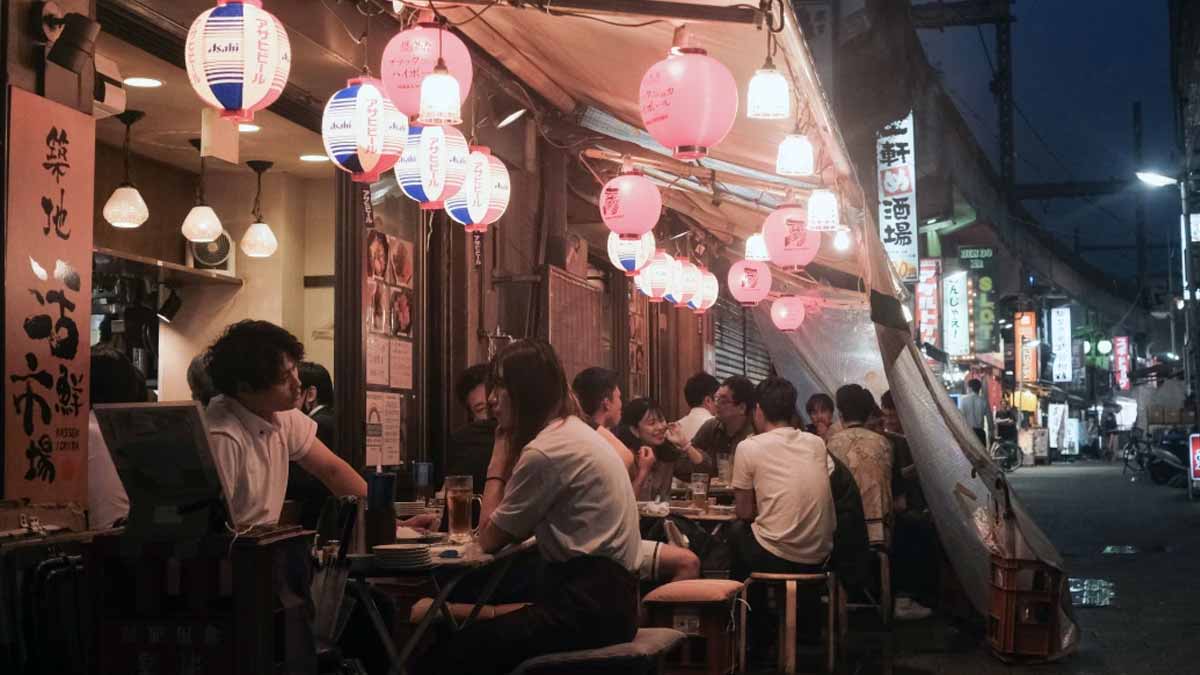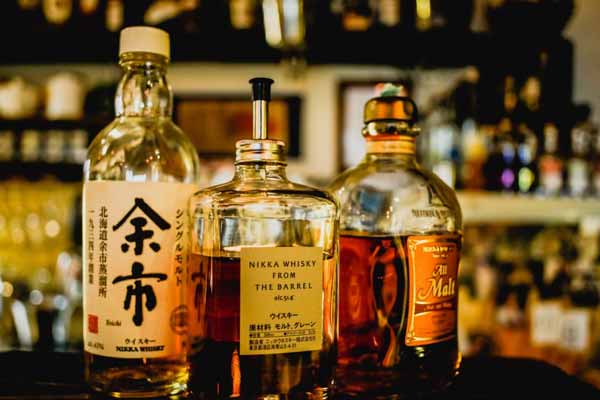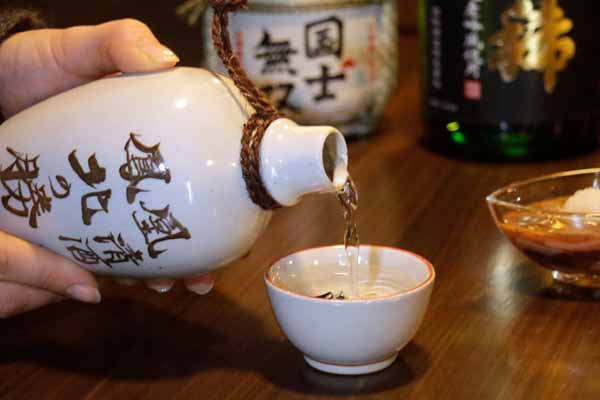Japan’s stance on the legal drinking age is clear and strictly enforced, set at 20 years old. As I experienced firsthand, this regulation extends beyond mere legality—it shapes the cultural fabric of Japan.
Enforcement and Consequences
- Japan’s commitment to enforcing the legal drinking age is impressive. ID checks are routine, emphasizing the importance placed on adherence.
- Penalties for violating age restrictions are severe, ranging from fines to potential legal consequences. This strict approach ensures a responsible drinking environment.
- Although the age of majority under civil law was lowered to 18 in April 2022, the minimum age for alcohol consumption remains at 20.
Comparisons with Other Countries
- In contrast to some countries where the legal drinking age is 18, Japan’s higher threshold aims to promote a more mature and responsible drinking culture.
Drinking Age in Tokyo and Beyond
Tokyo’s Drinking Scene
- Tokyo’s nightlife is a dynamic tapestry of bars, izakayas, and unique drinking establishments. Navigating this scene is an adventure in itself.
- Tokyo and all regions in the country adhere to the national standard of a 20-year-old drinking age.
Local Flavour
Do Foreigners Get ID-Checked When Buying Alcohol?
One common concern for foreigners is the possibility of ID checks when purchasing alcohol in Japan.
- Foreigners in Japan, much like locals, can expect rigorous ID checks when buying alcohol. Compliance with age restrictions is universal.
- Tourists in Japan must adhere to the country’s legal drinking age of 20. Familiarizing oneself with this regulation is essential for a compliant and enjoyable stay.
- Carrying a valid ID, such as a passport, is essential for seamless transactions.
Search
Cultural Significance of Drinking in Japan
 Rituals and Traditions
Rituals and Traditions
- Engaging in traditional drinking rituals, such as “kanpai” (cheers), adds authenticity to the experience.
- Japan’s drinking culture has deep historical roots, with traditional beverages and ceremonies influencing contemporary practices.
- Different regions may have unique customs, providing an opportunity for cultural immersion.
Practical Tips for Adhering to Local Regulations
Respecting Local Traditions
- Drinking in public places in Japan follows specific etiquettes, emphasizing respect for others and the environment.
- Embracing local traditions, such as pouring drinks for others and using two hands when receiving a drink, fosters positive interactions.
- Respectful engagement adds a layer of authenticity to the experience.
- It’s interesting to note public intoxication is not illegal in Japan, but disorderly conduct is.
Navigating Language Barriers
- Overcoming language barriers enhances social interactions. Learning basic Japanese drinking phrases can be a valuable tool for meaningful conversations.
- Breaking down language barriers fosters connections and opens doors to memorable experiences.
Responsible Drinking for Families
For families traveling with children, finding a delicate balance between savoring local traditions and upholding family priorities is paramount.
- Choose Family-Friendly Venues: Opt for restaurants and establishments that offer a family-friendly atmosphere, ensuring a comfortable setting for everyone.
- Educate Children: Communicate with children about cultural differences and the significance of responsible drinking, fostering awareness from a young age.
- Moderation is Key: Encourage responsible alcohol consumption, setting an example for children about the importance of moderation and mindful drinking.
- Local Non-Alcoholic Options: Explore Japan’s rich array of non-alcoholic beverages, allowing children to participate in the cultural exploration with delightful alternatives.
Foreigners’ Perception
- Foreigners may sometimes face stereotypes or misconceptions, impacting their interactions in drinking establishments.
- Approaching these situations with an open mind and cultural sensitivity enhances the overall experience.
FAQ’s
How strict is Japan on drinking age?
Japan is notably strict when it comes to enforcing its legal drinking age, which is set at 20. Authorities rigorously conduct ID checks, making adherence to age restrictions crucial. Violating these regulations can lead to severe penalties, emphasizing Japan’s commitment to responsible alcohol consumption.
Is 18 still a minor in Japan?
Yes, in Japan, individuals under the age of 20 are considered minors. This designation extends beyond legal drinking age regulations to include other aspects of adulthood. It’s important for visitors, especially those aged 18 to 20, to be aware of and respect these cultural and legal distinctions.
Can tourists buy alcohol in Japan?
Certainly, tourists can purchase alcohol in Japan. However, it’s essential to be mindful of and adhere to the country’s legal drinking age of 20. Familiarizing yourself with local regulations ensures a smooth and enjoyable experience while exploring Japan’s diverse drinking culture.
What is the lowest drinking age in the world?
Japan’s legal drinking age of 20 is relatively high compared to other countries. While some nations allow alcohol consumption at 18 or even lower, Japan maintains a stricter threshold. Understanding these global variations is crucial for international travelers.
Can you go to a bar at 18 in Japan? Do they ID you in Japan?
No, individuals under 20 cannot legally enter bars or purchase alcohol in Japan. ID checks are standard practice, applying to both locals and foreigners. Carrying a valid ID, such as a passport, is essential to comply with age restrictions and ensure a hassle-free experience while exploring Japan’s vibrant nightlife.
Do they ID you in Japan?
Yes, ID checks are a routine practice in Japan, particularly when purchasing alcohol. Whether you’re a local or a foreigner, strict enforcement of age restrictions ensures a responsible drinking environment. Carrying a valid ID, such as a passport, is essential to navigate these checks seamlessly.

Co-Founder of the OFT Blog. Mother of 2 who disguises as a 9 to 5 finance professional on most days. She loves to travel, is an amateur website builder and cook. And given her day job, she loves travel planning and saving money. Follow along!




 Rituals and Traditions
Rituals and Traditions



